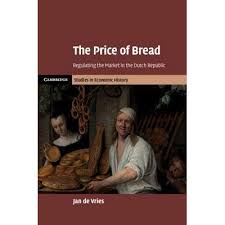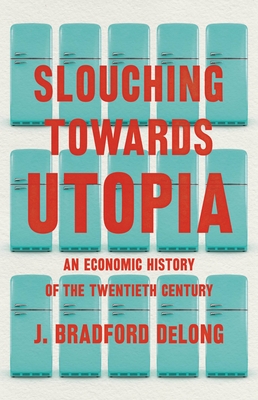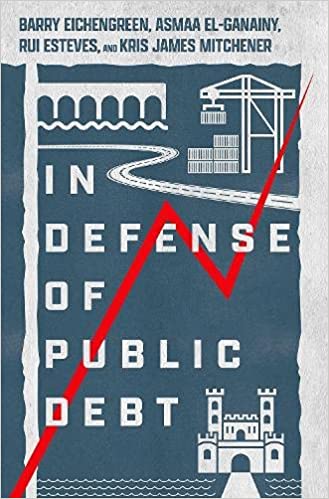The Price of Bread: Regulating the Market in the Dutch Republic

A prime contemporary concern - how to maintain fair market relations - is addressed through this study of the regulation of bread prices. This was the single most important economic reality of Europe's daily life in the early modern period. Jan de Vries uses the Dutch Republic as a case study of how the market functioned and how the regulatory system evolved and acted. The ways in which consumer behaviour adapted to these structures, and the state interacted with producers and consumers in the pursuit of its own interests, had major implications for the measurement of living standards in this period. The long-term consequences of the Dutch state's interventions reveal how capitalist economies, far from being the outcome of unfettered market economics, are inextricably linked with regulatory fiscal regimes. The humble loaf serves as a prism through which to explore major developments in early modern European society and how public market regulation affected private economic life.





